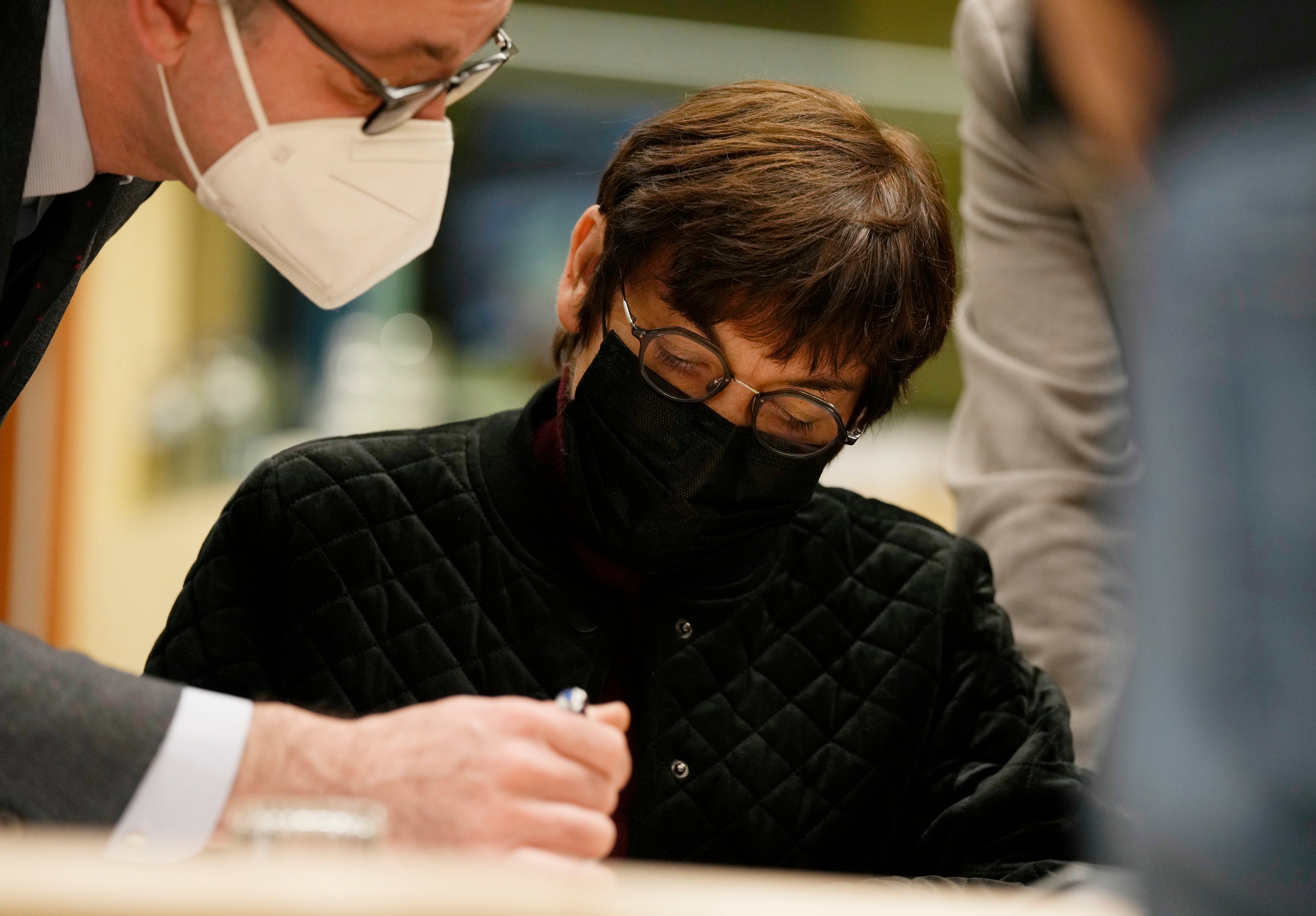EU nations set fish quota leaving environmentalists outraged
European Union nations have set fish catch quotas for next year in an attempt to protect fragile stocks and fishing fleets at the same time, but environmentalists claim they will protect neither

Your support helps us to tell the story
From reproductive rights to climate change to Big Tech, The Independent is on the ground when the story is developing. Whether it's investigating the financials of Elon Musk's pro-Trump PAC or producing our latest documentary, 'The A Word', which shines a light on the American women fighting for reproductive rights, we know how important it is to parse out the facts from the messaging.
At such a critical moment in US history, we need reporters on the ground. Your donation allows us to keep sending journalists to speak to both sides of the story.
The Independent is trusted by Americans across the entire political spectrum. And unlike many other quality news outlets, we choose not to lock Americans out of our reporting and analysis with paywalls. We believe quality journalism should be available to everyone, paid for by those who can afford it.
Your support makes all the difference.European Union nations on Tuesday set fish catch quotas for next year in an attempt to protect fragile stocks and fishing fleets at the same time — leaving environmentalists claiming they will protect neither.
The traditional year-end bartering session between EU coastal nations to secure as many catch rights for their fishers for next year again often clashed with the advice of scientists to contain overfishing.
Even though some catches were reduced to safeguard the survival of species — like the one-third cut of sole totals in the Gulf of Biscay and some bans on targeted cod fishing — others were kept to guarantee the survival of threatening fishing communities.
The compromise result, said Slovene minister Joze Potgorsek who chaired the talks, “will allow us to maintain fish stocks at sustainable levels while also protecting the livelihoods of European fishing fleets.”
Environmentalists decried, however, that economic profit for the industry was at the cost of ocean sustainability and complained that some nations made no qualms about hiding their economic goals.
French Fisheries Minister Annick Girardin put it simply: “A single line — the defense of quotas for French fishing.”
The EU had agreed to end overfishing and remain within stricter limits by 2020, but enforcing it has been problematic.
The Oceana environmental group said Tuesday's result allows for “the continuation of overfishing for a third of catch limits in 2022.”
For decades, the EU allowed fishing to drive several iconic species to the brink of commercial extinction before efforts over the past 10 years have seen a gradual recovery. Environmental groups say that this effort needs to be sustained before the seas off the EU will be restored to a natural balance.
They said EU ministers failed to grasp that. “Ending overfishing and ensuring abundant fish populations is in the interest of fishers, and these narrow-minded decisions will only jeopardize the health of our ocean, our planetary support system, and with it, the fishing industry,” said Andrea Ripol of Seas At Risk.